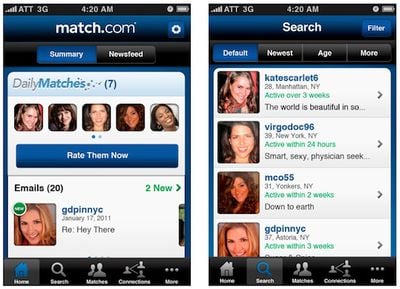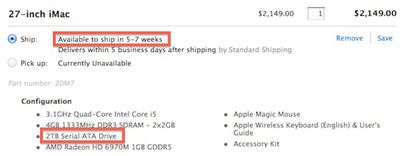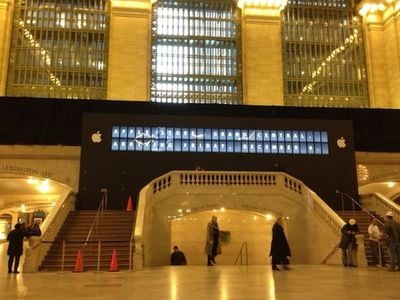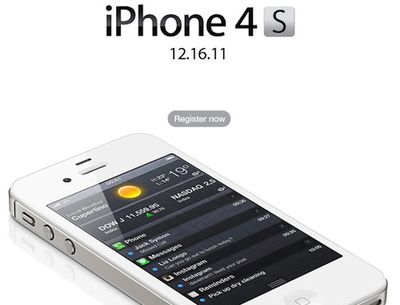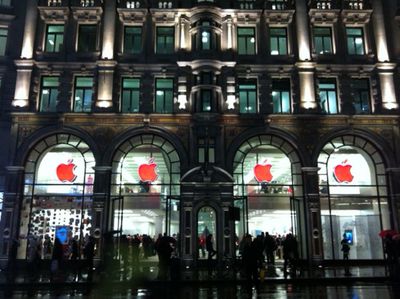In newly released research notes, a pair of analysts have praise for both Apple and Amazon's tablet efforts. They note that the Kindle Fire appears to be doing extremely well, though it is not challenging the iPad directly. In fact, Fire sales could indirectly encourage iPad purchases in the long run.
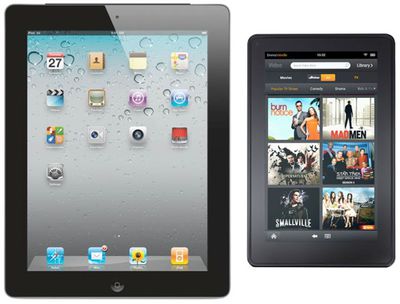
Evercore Partners' Robert Cihra writes in a note obtained by Apple 2.0:
While Amazon's Kindle Fire has come out of the gates strong, as expected, we see Apple maintaining its competitive lead, if anything accentuated by what now looks like the only tablet to so far mount any credible iPad challenge apparently needing to do so by selling at cost; not to mention Amazon's success may just vaporize other "for profit" Android tablet OEM roadmaps (e.g., we est Amazon 50% of all Android tablets in CY12). Meanwhile Apple goes on as the only vendor able to cream off the most profitable segment of each market it targets, whether tablet, smartphone or PC.
At the same time, JP Morgan analyst Mark Moskowitz (and the Apple executives that he met with) feel that Apple is not seeing pressure from the Kindle Fire and that they are of the belief that current Fire owners "could gravitate to more feature-rich experiences" later on with the Fire acting as a "gateway drug".
Darrell Etherington, writing for GigaOm:
I think Apple’s optimistic outlook should pan out, however, as long as one thing remains true: tablets continue to encroach upon and replace PCs as primary computing devices for general users. In that case, the Kindle Fire and the iPad likely will enter into a mutually beneficial orbit, with the cheaper device’s drawing in first-time tablet users and the iPad’s acting as a sort of graduation gift for when they opt to use tablets as their main computers.
When the Kindle Fire launched, Apple executives said they welcomed the entry of the Fire to the market for its ability to further fragment the Android ecosystem and its ability to put enormous price pressure on other tablets. The popularity of the Kindle Fire seems to affirm Steve Jobs' belief in an end-to-end software-and-hardware ecosystem -- something that no companies other than Apple and Amazon have been able to effectively assemble.


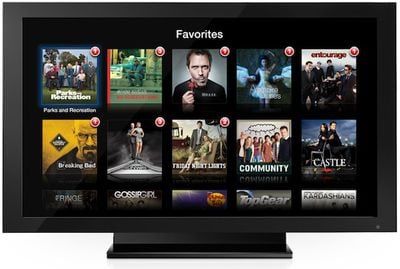



 Late last week, a U.S. judge
Late last week, a U.S. judge 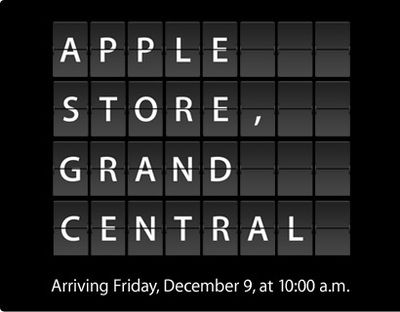

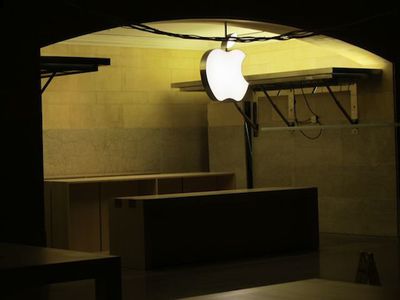
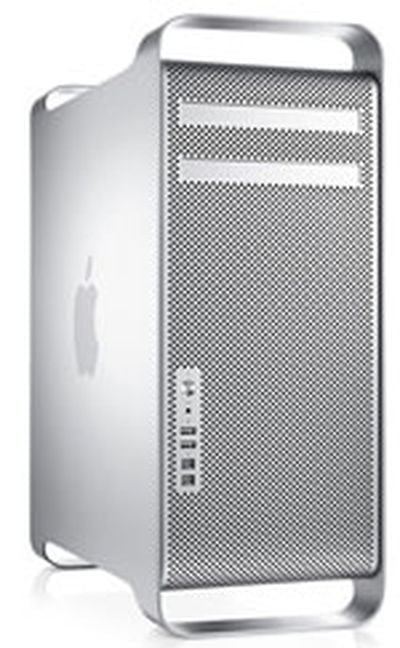 Shortly after the initial Mac OS X 10.7.3 Beta build was released to developers,
Shortly after the initial Mac OS X 10.7.3 Beta build was released to developers, 


